Over the next 3 years, the global finance infrastructure will change firmly to the use of ISO20022 payments. Virtually all major central banks will be implementing the new infrastructure, including the US Federal Reserve, Bank of England, European Central Bank, Bank of Japan, and many more.
Will your organization be ready?
Do you know what this means for your own company’s payments?
Below we will highlight what exactly ISO 20022 is and what impact this has for your company.
What is ISO 20022?
Developed by the International Organization for Standardization (ISO), ISO 20022 is the global messaging standard for financial business transactions. The ISO 20022 payment message is a flexible XML structured file format that covers financial information transferred between financial institutions for the likes of payment transactions, securities trading and settlement information, credit and debit card transactions and others. The ISO 20022 allows for more transactional data to be passed in the message which addresses the many shortcomings of the legacy format.
What does this mean for your company?
The Federal Reserve Board of Governors has a completion date of the end of 2023 for the major central banks to make the transition from legacy file formats to the ISO 20022 standard. This provides companies the opportunity to take a step back and assess their treasury operations current state. Through a current state assessment, business process disconnects can be identified in other inefficient areas along with additional requirements your system may have for implementing a new payment message format.
As your company begins to explore implementing the ISO 20022 standard as your preferred file format, it is important to engage your banking partners early and gather their requirements for the ISO 20022 XML. Through the adoption of ISO 20022 your company can maintain a single payment format for High Value and Low Value payments to be transmitted as domestic payments or cross-border payments. In the coming years as the larger banks continue to adopt ISO as the payment messaging standard, it is important to note that the banks have issued a direction that if any of their clients do not convert to the ISO format that they will handle the file transformation internally during the straight through processing. However, what this means for your company is additional charges for the repair and processing of every non-ISO payment that is being processed.
Tips for implementation:
- Have centralized management of the project: Establishing a central project team keeps a focused vision, quick implementation of decisions, and a clear chain of command that improves quality of work.
- Obtain buy-in from important stakeholders early on in the process: Having high-level advocates from the outset will help maintain commitment to the project.
- Set clear goals and establish the process chain: Setting clear milestones works to mitigate skepticism among various groups of stakeholders.
- Engage banking partners early in the process: Banks will require time to mobilize the project from their end, thus engaging early minimizes any potential delays.
Standard implementation across the system: Standardization of implementation reduces the overall cost for time and resources necessary to implement various methods.
View our January 2020 webinar recording talking about The Global Transformation in Payments here!
Author
-
Ms. Fugere-Burmeister serves as Elire’s Director of Marketing, overseeing Elire’s Brand Strategy, RFPs, and Conferences. As a strategic Marketing leader, Ms. Fugere-Burmeister brings 8 years of experience in the Oracle Sector, with her developing print and digital content with her team to support all phases of the Oracle and Elire customer journey.
